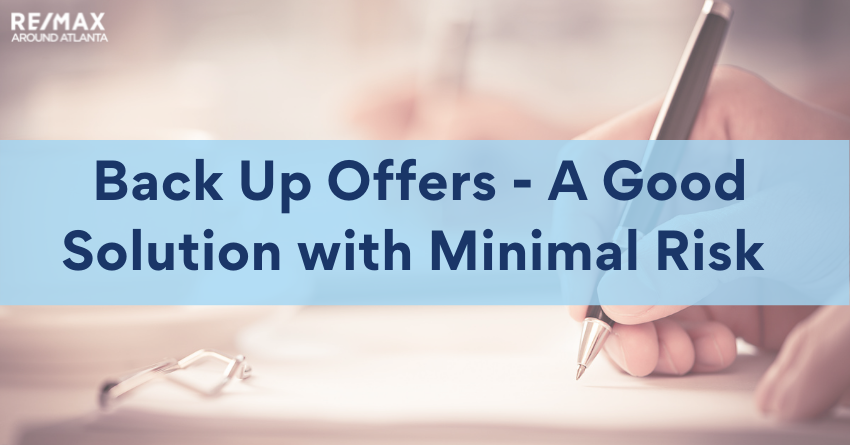|
Both Buyers and Sellers can benefit from a back-up contingency.
For the buyer, it’s a low-risk, high reward situation. The buyer in 1st position may fall out and the property becomes primary. In the meantime, the buyer can continue to look for other property. If another property is located, so long as the Seller has not notified the buyer that the back-up has become primary, the buyer just has to send notice to the Listing Agent of the back-up property that they are terminating and pay the Seller $10.00. (Don’t forget to pay the Seller the $10.00. It’s required.) For the seller, a back-up is insurance that they won’t have to re-market or scramble for a new contract if the first one falls through. Remember that the seller, not the listing agent, must send the notice to the back-up that the contract has become primary. A notice sent by the listing agent is not effective. Remember, too, that before a seller sends notice to the back-up, the seller must be certain that the first contract has been properly terminated. If it has not and notice is sent to the back-up that it is now primary, the seller may find that they are under contract to 2 different buyers. Earnest Money Due Date in a Back-Up Contingency It bears repeating at earnest money delivery is controlled by the purchase agreement. The purchase agreement is a binding agreement, even though it may have a back-up contingency. So, if the agreement says the earnest money is due a certain number of days after binding, then it is due at that time. On the other hand, the buyer can opt for language that earnest money is due after the contract becomes the primary contract. That way, funds are not tied up with a secondary contract. Delivery of earnest money is a point of negotiation, so a seller may require it at binding date. However, delivery at the time a contract becomes primary is not unreasonable.
0 Comments
Leave a Reply. |
RMAAReal Estate News, Brokers Blog & More Categories
All
Archives
July 2024
|


 RSS Feed
RSS Feed